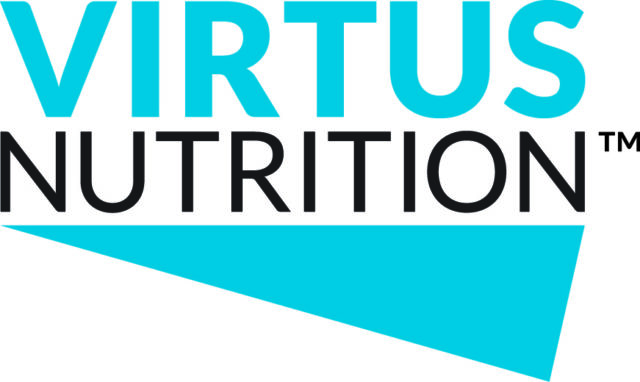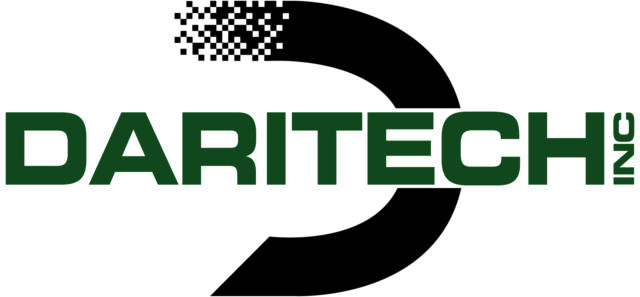My view of the dairy situation I have tried to educate myself about the underlying causes of our situation by reading about the proposed solutions (Holstein’s plan, S. 889, USDA actions, etc.) as well as listening to the NY dairy meeting at Morrisville College.
I have learned many things from these presentations but still have a lot to learn about our industry.
Foremost, I admit that there are some very serious problems with the way that milk is priced today. Although I wish that we operated in a free market – we do not. There are plenty of producers to make a free market, but there are so few buyers and traders of dairy products that we operate in an oligopoly more than we do a free market.
The price of cheese on the CME is too easily manipulated. I would suspect that the same players that drive the cheese price up and down are also profiting by trading Class III futures. If so, that is insider trading and should be stopped. I support any investigation into price manipulation on the CME.
Secondly, I think there should be some import restrictions against casein products that are not real dairy products. We must comply with WTO rules in order to keep the world market open to us, but we shouldn’t allow non-dairy imports to be an easy substitute for our milk.
I support any action that protects us from phony dairy imports but also keeps the world dairy markets available to us. Bill S.1542, sponsored by some New England congressmen, would impose tariffs on these types of imports. I support this bill and have let my state Representatives and Senators know about it.
Thirdly, the NASS survey for reporting milk production is not accurate enough. Since we all pay promotion on every pound of milk we market, why don’t we use the promotion dollars collected to accurately report monthly milk production? I support any measure to improve the accuracy of reporting information that affects dairy markets.
Lastly, I am opposed to any form of government administered supply control. Both Holstein’s plan and S. 889 propose a producer-funded but government-administered supply control board. Generally, a “board” or committee will be responsible for estimating future demand for our milk and then setting production limits for each producer.
In short, a small board will be given the responsibility of managing the nation’s dairy herd. I do not believe that this could be successfully done.
Dairy economists are very intelligent. However, their intelligence is not equal to the complexity of the enormous dairy economy that encompasses producers, processors, retailers, consumers and governments through several regions, countries and continents.
We should not expect any one person – or any team of persons – to be able to predict, or manage, a healthy supply-and-demand balance for our product. At any one time, five different dairy economists will likely have five different forecasts for dairy prices.
I have more trust in an industry made up of many individuals making individual decisions than I do in an industry that consists of many individuals but is managed by a few. If I make a marketing or business mistake on my operation, then I suffer the consequences.
If a governing board in charge of the national dairy herd makes a mistake, then the national herd suffers. In short, I support any measures to increase fair free-market principles within the dairy industry.
I oppose any proposals that include government administered supply control. I want the government to do less, not more.
Greg Andersen
Seagull Bay Dairy Inc.
Idaho
Refocus and stick together
All the ideas on better milk pricing is positive, but really we’re five years too late. One thing that really gets me is sexed semen.
Why do we continue to support the CWT cow removal when someone else is ramping up heifer production? Progress is good, but we need to look at the long-term effects of a certain product or tool to see if it will benefit us all in the long term.
Another area that is overlooked is the processors’ import techniques. To import any protein/casein product and mix it with American-produced milk products should be restricted. They should have to put country of origin labels on any food product, processed or raw. Let the consumers decide who they want to support.
ADA is an organization that is off focus as well. Sure, we need to advertise, but where we dairy farmers are really wanting is the animal rights area. The Humane Society is imprinting the public’s mind with their extreme point of view, and nobody is countering them.
We need to educate the consumers on what really happens on our farm. Cow comfort, milking hygiene, nutrition, quality control, etc. I believe the ADA needs to take this task upon themselves and get consumer confidence to the highest level possible. T
hey take enough funds from the farmers – sometimes makes one wonder what they do with it all.
In summary: If we all stick together and practice moderation, keep our processors honest and get the most out of our ADA money the American dairy industry can hum. PD
B. Amos Walde
S. P. Dairy
Hawley, Minnesota




